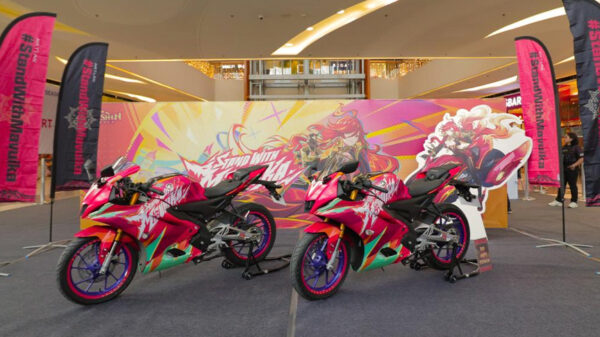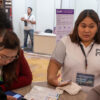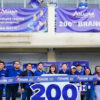In a recent survey, Kaspersky identified the technical challenges families faced during the still continuing remote learning across the Asia Pacific (APAC) region.
To provide all their children with the devices they needed for online classes, more than half or one in every two families in APAC (49%) with two or more children had to buy or rent additional devices. This rate is the second highest globally, second to Africa (62%). Latin America followed at 48% while the Middle East logged the lowest at 42%.
It’s interesting to note that more than half of the children in APAC (59%) conduct their online classes through smartphones.
Three out of five kids from the region (60%) experienced technical difficulties connecting to online lessons regularly or periodically. The majority (79%) got help from their parents to get their devices working. However, 16% of students resolved technical issues on their own.
“Across APAC, virtual learning continues to be the needed norm and we expect it to continue in the coming months. Our study proved that the mass enforced transition to remote learning brought about difficulties not only in terms of mastering the curriculum, but also technical issues. Many families had to purchase additional devices or borrow them from friends or the school if it offered this option, as well as install programs and regularly solve internet issues,” comments Chris Connell, Managing Director for Asia Pacific at Kaspersky.
“This proved difficult for parents and kids alike. But I’d like to hope that the experience gained from deep immersion in the online world will help us take a fresh look at the traditional offline learning format and use more effective digital tools securely,” adds Connell.
To keep up with lessons, a lot of students from APAC had to install additional programs on their devices. For example, 38% started using new video conferencing services, and 43% downloaded interactive simulators and other educational programs. Some parents (23%) found it necessary to start using a security solution.
“When the COVID-19 pandemic triggered a mass migration to remote learning, many teachers and students had their first experience of working and studying online. We’ve been focused on helping schools and universities organize and get to grips with remote learning, and our efforts will continue as demand for digital tools inevitably increases. And not just for purely educational platforms, but social media as well. Remote learning is based on all kinds of ready-to-use tools to communicate in private or public communities and chat rooms for classes, live stream lectures, host remote video lessons via group calls and upload learning materials,” comments Sergey Mardanov, Director of University Relations at Mail.ru Group.
To keep your child safe online, regardless of what they’re doing – playing, studying or chatting with friends – Kaspersky offers the Kaspersky Safe Kids solution. It lets parents know exactly how long their child spends online, and also protects them from inappropriate content. In addition, parents can view their child’s current location, which can come in very handy if the child comes home from school alone.
Parents may also consider taking advantage of safe kids features included in Kaspersky Total Security (KTS).
Throughout July until August 4, Filipino customers can enjoy up to 50% discounts on selected Kaspersky products (KTS included) plus free e-gift vouchers worth up to 300 pesos (choice of Grab, GCash, or PayMaya).
Participating Kaspersky products are available from official partner stores in Metro Manila, official partner e-stores, and via Shopee and Lazada.











































































































